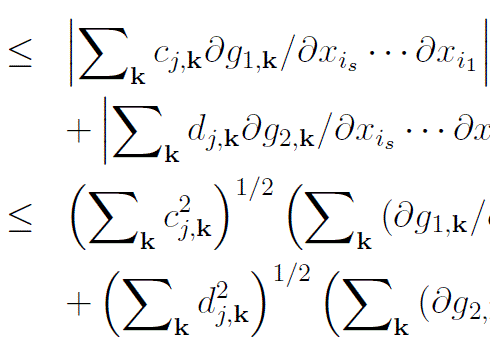A Remark on the Heat Equation and Minimal Morse Functions on Tori and Spheres
Main Article Content
Keywords
morse function, heat equation
Abstract
Let (M, g) be a compact, connected riemannian manifold that is homogeneous, i.e. each pair of points p, q ∈ M have isometric neighborhoods. This paper is a first step towards an understanding of the extent to which it is true that for each "generic" initial condition ff/∂t = Δgf, f(⋅, 0) = f0 is such that for sufficiently large t, f(⋅ t) is a minimal Morse function, i.e., a Morse function whose total number of critical points is the minimal possible on M. In this paper we show that this is true for flat tori and round spheres in all dimensions.
MSC: 53C, 53A
Downloads
References
2001 and Beyond. Berlin: Springer, 2001. 12
[2] I. Chavel, Eigenvalues in Riemannian Geometry. Academic Press Inc., 1984. 13
[3] S. Rosenberg, The Laplacian on a Riemannian Manifold: An Introduction to Analysis on Manifolds. London: London Mathematical Society Student Texts 31, 1997. 13
[4] J. Mather, “Stability of C infinite mappings implies Stability,” Annals of Mathematics, vol. 89, no. 2, pp. 254–291, 1969. 14
[5] H. Morris, Differential Topology. Springer-Verlag, 1976. 14, 15
[6] L. Grafakos, Classical Fourier Analysis. Springer Science, 2nd ed., 2008. 14
[7] P. Garret, “Harmonic Analysis on Spheres I.” 2010. 18
[8] P. Garret, “Harmonic Analysis on Spheres II.” 2011. 18

